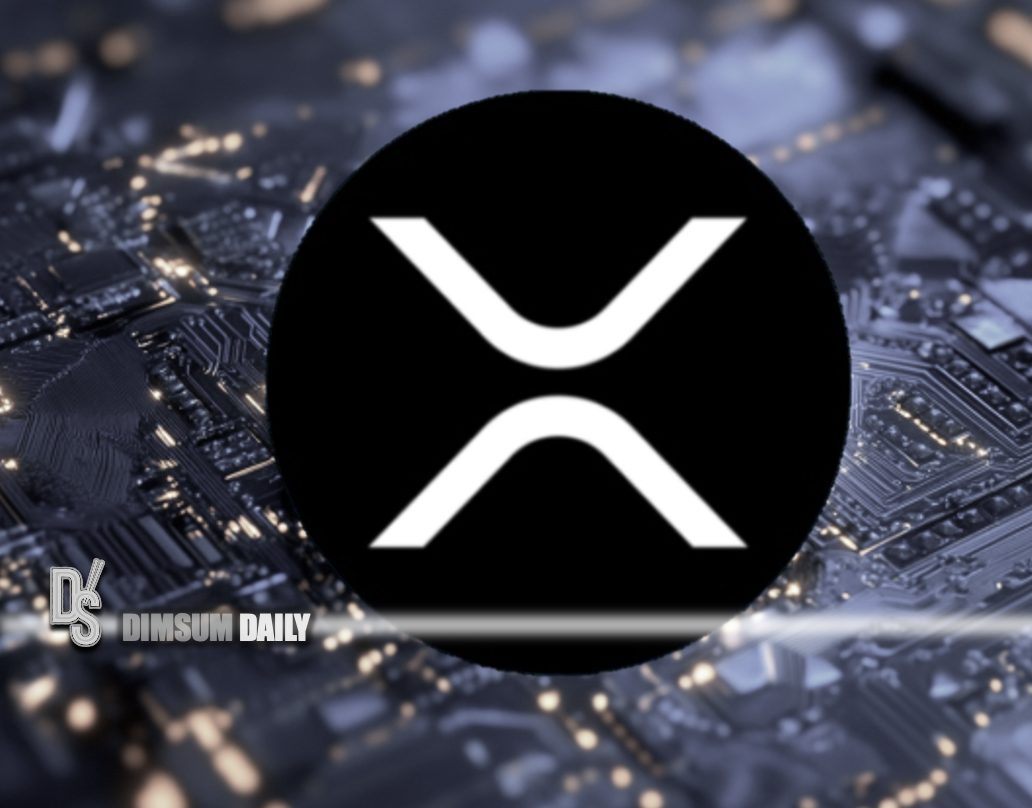Attorneys and experts in cryptocurrency law are crucial in an evolving financial landscape. On June 8, 2025, in New York, notable cryptocurrency attorney Bill Morgan took a stand regarding the legal status of the XRP token, countering assertions circulating within the market.
Clarifying the Legal Landscape of XRP
In a recent discussion, Morgan addressed claims suggesting uncertainty surrounding XRP’s classification. He pointed out a pivotal ruling by a judge proclaiming that XRP is not considered a security. This decision came during the legal battle between Ripple and the U.S. Securities and Exchange Commission (SEC), where the SEC refrained from disputing the judge’s findings.
The Importance of Judicial Opinion
Judge Analisa Torres from the United States District Court for the Southern District of New York made a key statement regarding XRP, asserting that it does not fall under the definition of an investment contract. While this opinion, referred to as “dicta,” is not equivalent to a formal ruling, it provides valuable legal insight into the topic. Morgan reinforced this point by explaining that the rationale offered for XRP’s classification offers more clarity than the prevailing situation concerning Bitcoin, which lacks a definitive legal classification as a commodity.
Market Reactions and Misunderstandings
Despite the judge’s remarks, many in the market continue to express confusion regarding XRP’s legal standing. Morgan firmly rebutted this narrative. He emphasized that XRP has been legally recognized as not being a security, labeling claims of its ambiguity as “unsubstantiated and misleading.” This highlights the need for transparency and accuracy in discussions surrounding cryptocurrency regulations.
Broader Implications for Cryptocurrency
The conversation surrounding XRP is pivotal, particularly as it mirrors larger trends in the cryptocurrency sector. With growing interest in digital currencies, the role of legal definitions and regulatory classifications is becoming increasingly significant. Morgan raised a crucial point about the lack of a formal designation for Bitcoin, noting that while it may be referenced as a commodity, no court has officially declared it as such.
Conclusion: Navigating Future Regulations
As the cryptocurrency market continues to develop, the insights provided by legal experts like Bill Morgan are essential for fostering a clearer understanding of the regulatory environment. The importance of judicial opinions in determining the legal status of digital assets cannot be overstated, especially as investors seek clarity in a space often characterized by ambiguity. Following these developments closely will be crucial for individuals and businesses alike looking to navigate the future of cryptocurrency regulations effectively.


